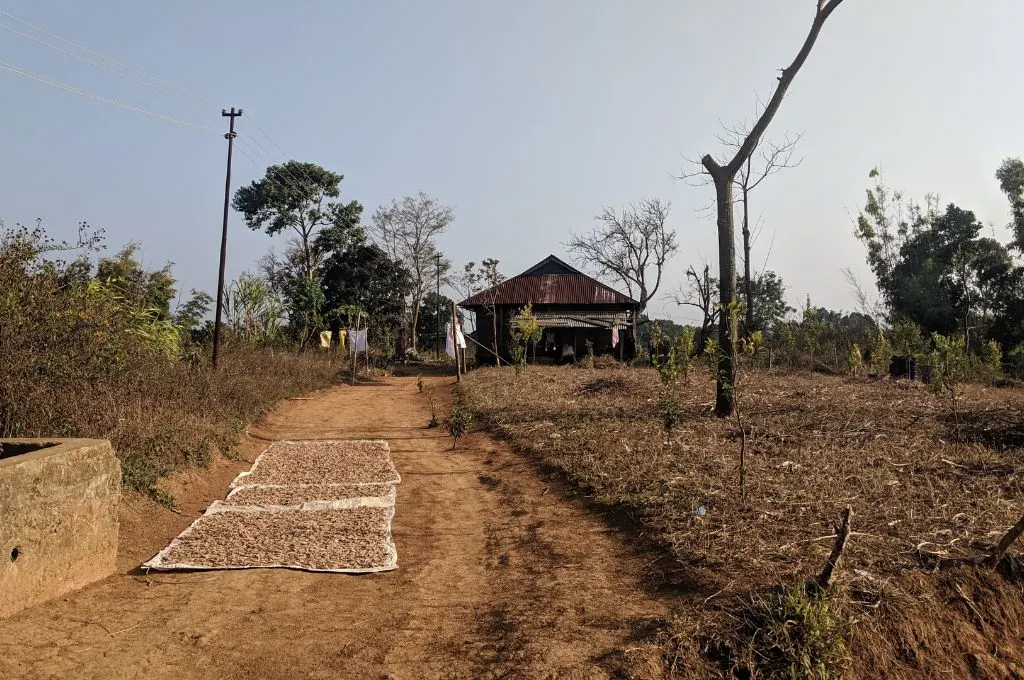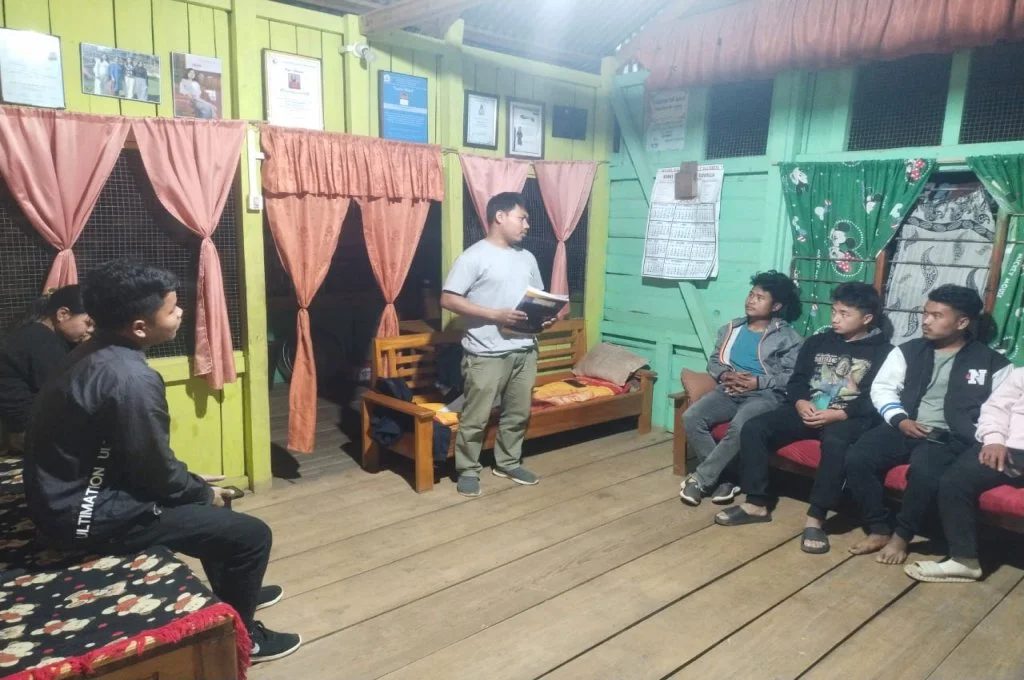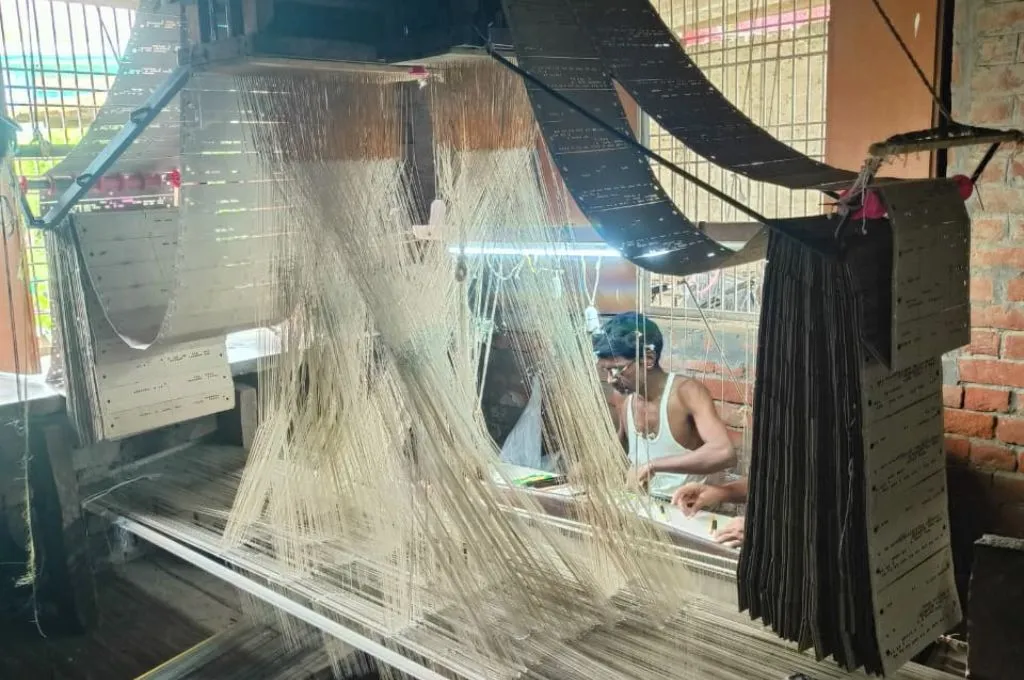READ THIS ARTICLE IN
Tongue-tied: How the English language is a barrier in the social sector
I am a grassroots worker in Maharashtra’s Amravati district. My work mainly involves conducting surveys related to education.
Despite being active in the development sector for the last 17 years, I had to face numerous difficulties in finding a job recently. One of the main reasons for this is my limited knowledge of English. I had only needed Hindi and Marathi for my work so far. During my job search, I realised that even if my work entails using only these languages, knowing English is still essential to get a job.
I worked with my previous organisation for 12 years. Even though I was entering the job market after a while, it did not take me long to understand the changes in hiring processes. What I struggled with more was the frequent use of English in these processes. I had to ask people for help for tasks such as making a CV, writing cover letters, and replying to e-mails, which I had been doing very easily in Hindi. Additionally, I faced many difficulties when it came to introducing myself in detail and presenting my experience and skills in English.

In one instance, the language issue ruined my interview. Initially, I seemed to be a good candidate considering my experience, but this was only till the time I replied in English. When I requested them to speak in Hindi, they backtracked and said that all positions had been filled.
Things related to my work—such as survey forms and digital tools—are usually available in Hindi or Marathi. This is primarily the language of communication for the people and communities I work with. But the language of reports, contracts, and communication with seniors in an organisation is English—why should it be so?
In my work, I have conducted almost all types of surveys across different states. And till date, the communication with service providers and community members is always carried out in Hindi and regional languages. Therefore, I feel that the process of appointing ground workers, and their daily work, should be in the language they are comfortable with. Or, at least there should be an option for Hindi and regional languages along with English.
As grassroots workers, we would be able to perform better if the pressure to know English while getting and doing a job did not exist.
Anil Kumar is a grassroots activist with approximately 17 years of experience in the development sector.

—
Know more: Read this article to learn about the healthcare-related challenges faced by Odisha’s Adivasi communities due to language barriers.
Do more: Connect with the author at anil.baber19@gmail.com to learn more about and support his work.




